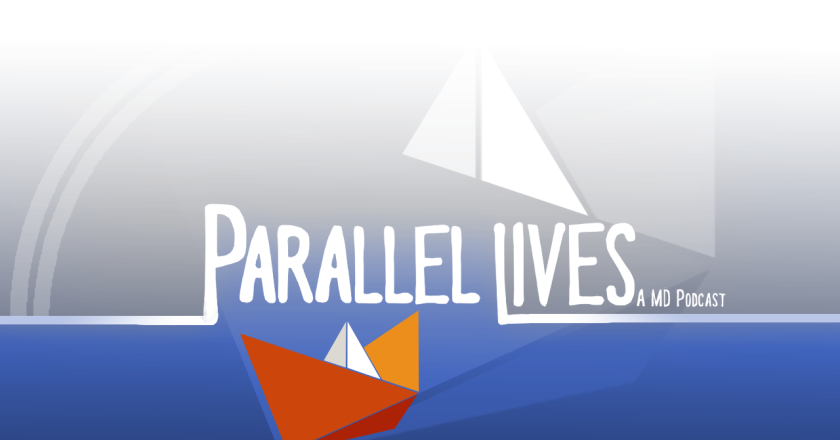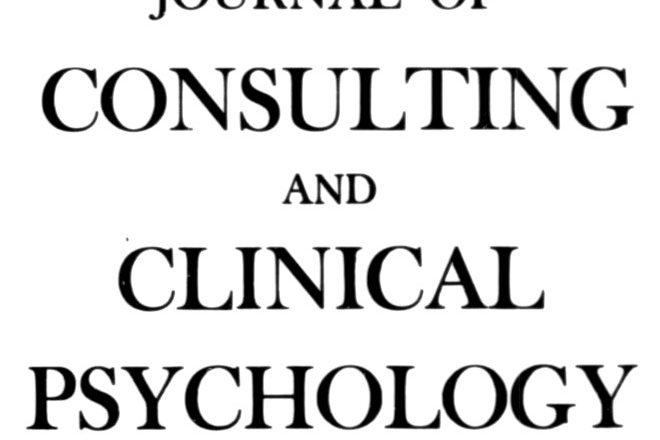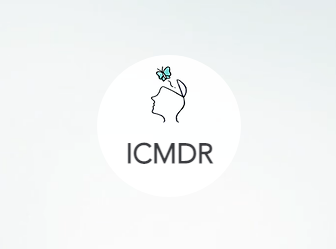Lost in my mind: What happens when we daydream
Connecticut Public Radio Show Talks About Maladaptive Daydreaming
The Colin McEnroe Show can be described with four words beginning with “E:” eclectic, esoteric, eccentric and echolocation. The fourth one refers to how bats use sound to track their prey, and it really doesn’t have much to do with how we think about the show. It was probably a mistake.The best way to understand us is through the subjects we tackle: Neanderthals, tambourines, handshakes, the Iliad, snacks, ringtones, punk rock, Occam’s razor, Rasputin, houseflies, zippers.
About The Colin McEnroe Show | Connecticut Public (ctpublic.org)
Do you daydream? What do you daydream about? This hour is all about the art of daydreaming. We'll reflect on the value of daydreaming, and why it can be so difficult to talk about ou...









